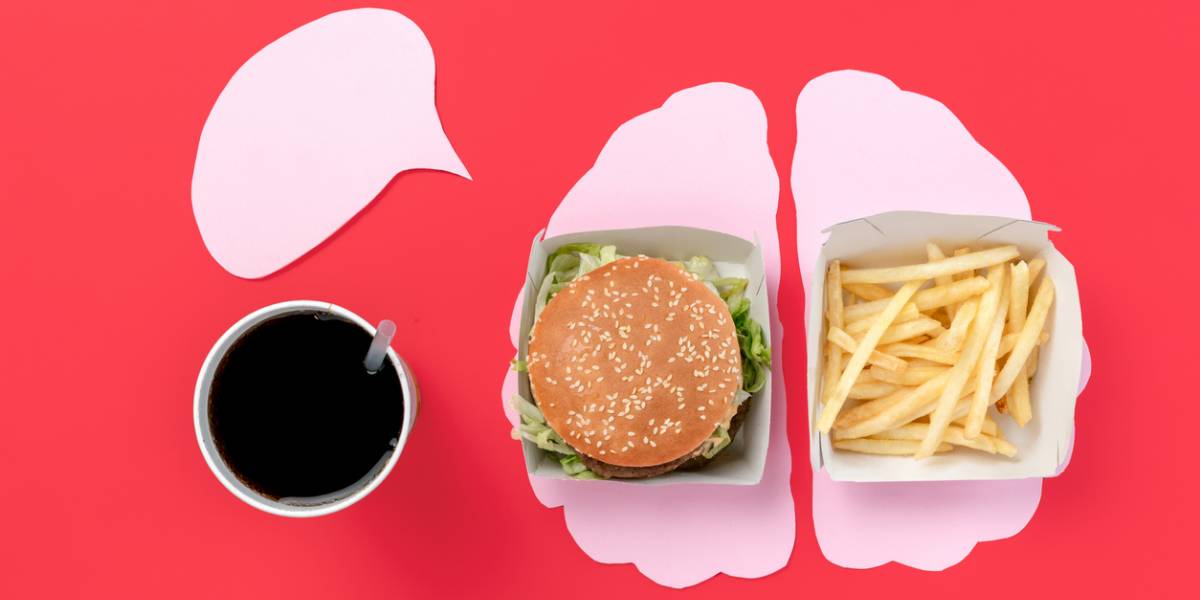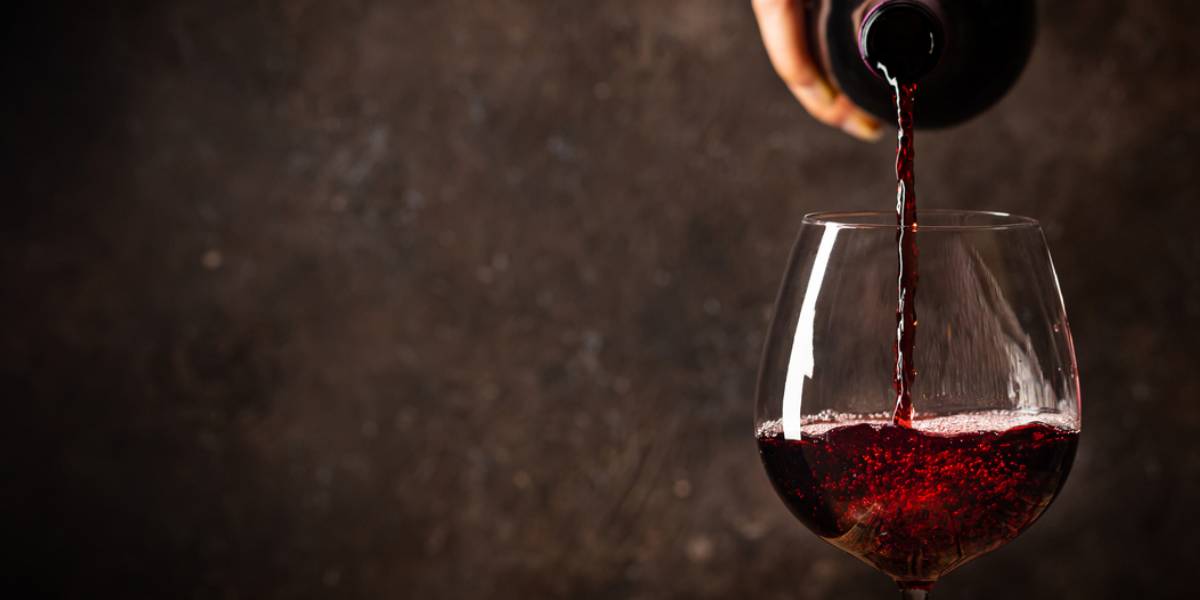Women are likely to crave unhealthy foods at certain points during the month due to changes in their brains, latest research shows.
A new study from the University of Tuebingen in Germany has found that women have a stronger desire to eat chocolate and crisps in the pre-menstrual phase of their cycle – after ovulation but prior to their period arriving.
During this phase, the section of the brain called the hypothalamus responds less to the hormone insulin.
- PFAS: hormone-altering chemicals could be linked to certain cancers in women
- Study finds link between keto diet and lowered testosterone levels in women with polycystic ovary syndrome
Prior research shows that women feel hungrier and are more likely to snack when insulin reaches their brain.
The scientists in this study have discovered that insulin does not work at the same ability when women are pre-menstrual – making them crave junk food at this time.
First author Professor Martin Heni said: “There is not as much research about insulin in the brain as there is in the body.
“This is the first evidence that it has less effect on women at a certain point in their menstrual cycle.”
He added: “The implication that this could help to explain hunger and cravings in pre-menstrual women is really helpful – it shows that women who struggle with this are not making it up. However, our study did not directly look at these effects in women.”
During the study, the team of researchers used an MRI machine to scan the brains of the 15 women taking part in the experiment.
Each participant was given a nasal spray of insulin so the scientists could look at how the hormone responds when it enters the brain.
- Females taken to hospital by a man are less at risk of dying from a heart attack
- Long COVID most common in overweight females
- Morning workouts are beneficial for female heart health
They found that the hormone triggered activity in the hypothalamus region of the brain during the ‘follicular’ phase of the women’s menstrual cycle.
In addition, the researchers detected a lower amount of brain activity when the women were pre-menstrual.
According to the findings, insulin in the brain can also cause women to have premenstrual mood swings.
Insulin is crucial for women in the initial stages of their cycle because it controls the body’s glucose – meaning the hormone can recruit energy to help them create an egg and thicken the lining of their womb in case they become pregnant that month.
The study was published in the journal Nature Metabolism.




